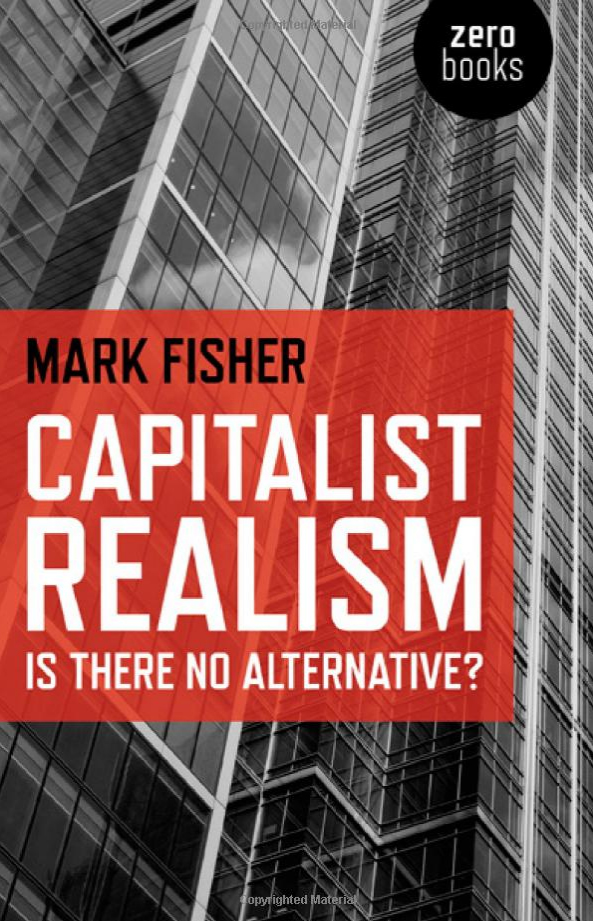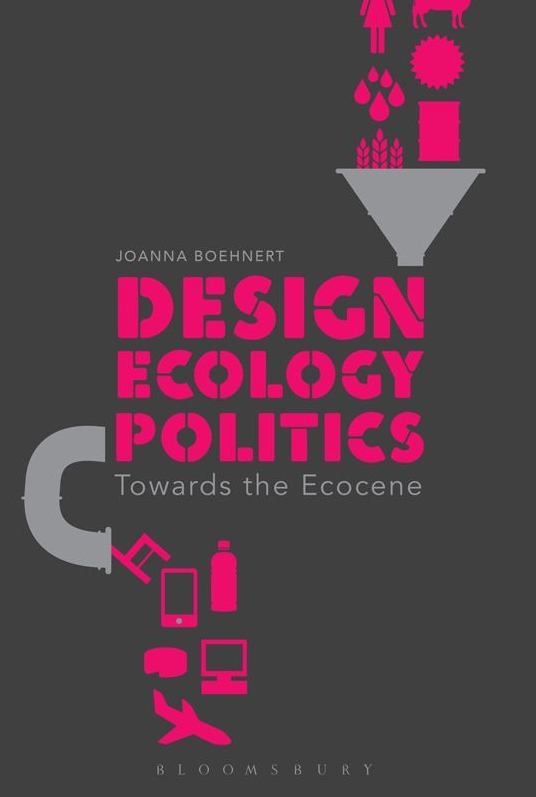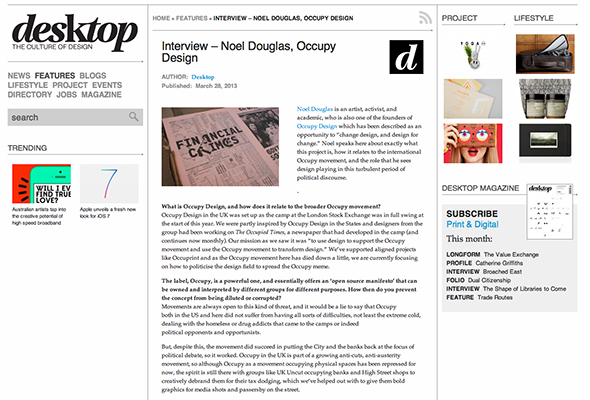Education Resources
In this section we will compile links to texts and presentation that expose and explain aspects of the crisis and it’s relationship to design and designers and issues of aesthetics, education and politics.
Design Ecology Politics
Towards the Ecocene by Dr.
Design, Ecology, Politics links social and ecological theory to design theory and practice, critiquing the ways in which the design industry perpetuates unsustainable development.
Occupy Design Co-Founder Boehnert argues that when design does engage with issues of sustainability, this engagement remains shallow, due to the narrow basis of analysis in design education and theory. The situation is made more severe by design cultures which claim to be apolitical. Where design education fails to recognise the historical roots of unsustainable practice, it reproduces old errors. New ecologically informed design methods and tools hold promise only when incorporated into a larger project of political change. Design, Ecology, Politics describes how ecological literacy challenges many central assumptions in design theory and practice.
By bringing design, ecology and socio-political theory together, Boehnert describes how power is constructed, reproduced and obfuscated by design in ways which often cause environmental harms. She uses case studies to illustrate how communication design functions to either conceal or reveal the ecological and social impacts of current modes of production. The transformative potential of design is dependent on deep-reaching analysis of the problems design attempts to address. Ecologically literate and critically engaged design is a practice primed to facilitate the creation of viable, sustainable and just futures. With this approach, designers can make sustainability not only possible, but attractive.
https://www.bloomsbury.com/uk/design-ecology-politics-9781472588609/

Capitalist Realism by Mark Fisher
After 1989, capitalism has successfully presented itself as the only realistic political-economic system – a situation that the bank crisis of 2008, far from ending, actually compounded.
“We need to learn this lesson as a culture. We have to place the human capacity to create at the very centre of our social and political life. Instead of treating it as a peripheral benefit of economic growth, we need to understand that our wealth only grows at the speed that we can develop our creative capacities. And we must realise that we can no longer afford to empower the creativity of the few at the cost of the many. Our systems of government, business and education must make it their mission to support the creative fulfilment of every human being.”
Sparks will fly
Infatuated by celebrity, stuck in dreary work, addicted to consumerism.
Only a creator culture can save us by Damien Walter:
http://www.aeonmagazine.com/living-together/damien-walter-creator-culture/
Interview with Noel Douglas about Occupy Design in Desktop Magazine, Australia.
http://desktopmag.com.au/features/interview-noel-douglas-occupy-design/
A Brief History of Neo-Liberalism, David Harvey
How To Escape Education’s Death Valley, Ken Robinson
“A demonstration, however much spontaneity it may contain, is a created event which arbitrarily separates itself from ordinary life. Its value is the result of its artificiality, for therein lies its prophetic, rehearsing possibilities.”
The Nature of Mass Demonstrations, John Berger 1968
An Ongoing Occupation, Occupy Design interviewed in Creative Review
The Politics of Desire and Looting Adrian Shaughnessy of Design’s role in the UK riots of 2011.
Stephen Duncombe, Utopia Is No Place: The Art and Politics of Impossible Futures
Design as Manipulation. Design as Emancipation
by Jody Boehnert from EcoLabs
David Harvey on the Crisis of Capitalism, beautifully illustrated by Cognitive Media Studios for the RSA



